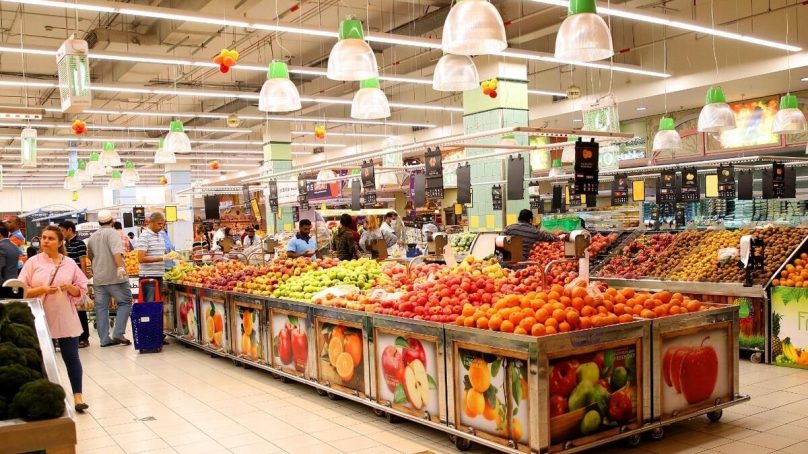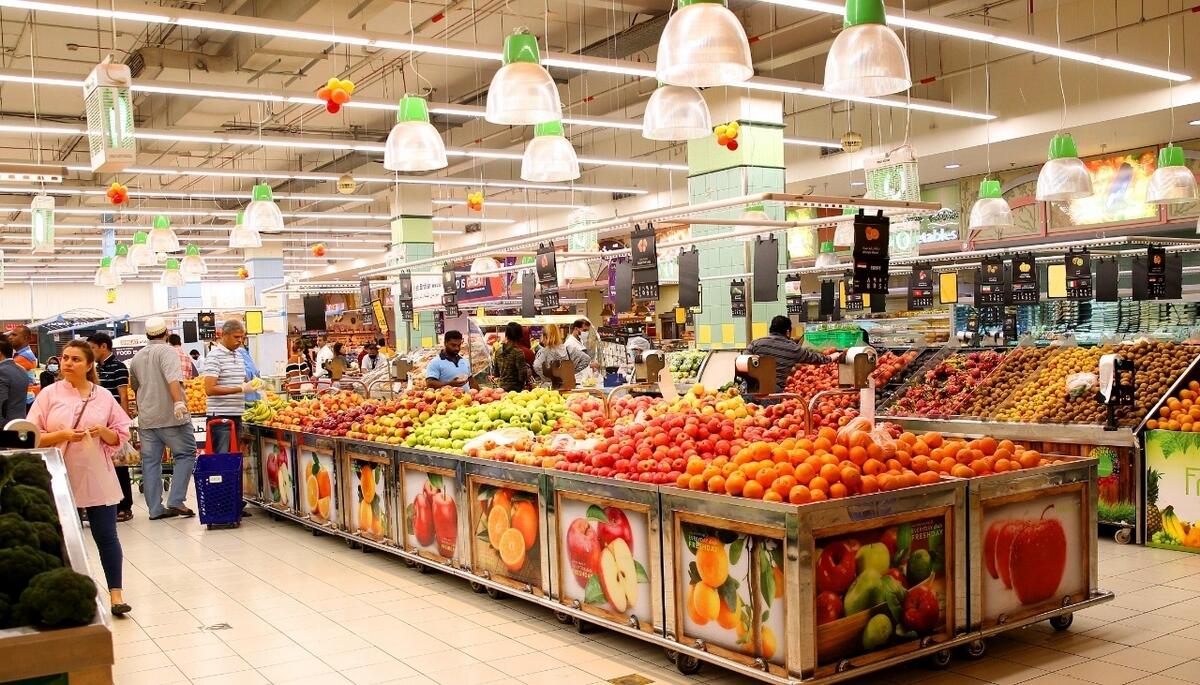

A major new report from global management consulting firm Oliver Wyman reveals that the UAE’s grocery sector has entered a new stage of modernization. As competition intensifies, modern trade grocers are increasingly focused on capturing market share by competing for like-for-like (LFL) growth. This dynamic poses the risk of market saturation but also presents opportunities for market disruption.
Customer preferences shaping grocery retail in the UAE
The latest Oliver Wyman Customer Perception Map (CPM) survey tracks consumer perceptions and habits across different regions in the grocery sector. In the UAE, a maturing market has led to differentiated customer preferences, presenting both challenges and opportunities for retailers. Furthermore, the survey reveals that in a saturated market, grocers are pressured to differentiate themselves by offering superior value. Alternatively, they must offer an extraordinary deal, with only rare exceptions succeeding in balancing both effectively.
Differentiation is key to success in UAE grocery market
Customer segments in the UAE now prioritize different factors when choosing their preferred retailer. Consequently, retailers must adapt to emerging differentiation trends. Brands such as Spinneys and Waitrose focus on delivering premium customer experiences with high-quality fresh products. On the other hand, brands like Viva emphasize value by offering the first discount model in the UAE. Meanwhile, large hypermarkets such as Carrefour, LuLu and Nesto attempt to balance both aspects by offering large assortments and attractive promotions.
Furthermore, in developed retail markets, successful supermarket groups innovate and differentiate themselves from competitors. Retailers in the UAE will need to upgrade category management capabilities and rethink supplier relationships. Selling shelf space and promotions to the highest bidder will no longer suffice. Instead, the focus should be on putting the customer at the center of all decisions related to format, assortment, space, price and promotions.
Understanding consumer preferences drives retailer success
Understanding customer preferences is crucial for developing a differentiated proposition. The CPM analysis indicates that in the UAE, 53 percent of satisfaction is driven by value, including price and promotions. Additionally, 20 percent of satisfaction stems from product quality, 18 percent from range and 9 percent from service. Retailers should, therefore, prioritize offering attractive price entry ranges, own-label products and promotions that drive foot traffic while preserving margin. Those specializing in fresh products may also control their supply chains to offer high-quality, locally sourced items. Notably, 92 percent of UAE customers actively seek locally produced fruits and vegetables, demonstrating a clear preference for freshness.
Moreover, the survey reveals that 58 percent of UAE customers are interested in shopping at a discount grocery retailer. Several homegrown brands are pushing to stand out in the discount sector.
Personalization
A key finding from the survey is that consumers in the UAE are diverse in terms of cultural background, purchasing power and languages spoken. This diversity creates an opportunity for retailers to differentiate themselves through personalized offerings. Furthermore, loyalty programs play a vital role in delivering these personalized experiences effectively. The survey shows that 60 percent of UAE respondents are interested in accessing more services through loyalty schemes. Additionally, UAE consumers are significantly more willing to share data for such programs compared to European consumers, reflecting a stronger engagement with loyalty initiatives.
The role of technologies in UAE Grocery Sector
Emerging technologies, such as generative artificial intelligence, are expected to play an increasingly important role in supporting differentiation and personalization. According to the survey, 71 percent of respondents are interested in personalized promotional offers, which can drive customer engagement. Additionally, around 60 percent would like AI-assisted services, including customer service chatbots and recipe recommendations, enhancing their shopping experience. Moreover, UAE consumers appear more open to engaging with new technology. This trend highlights the growing importance of technological adoption in the UAE’s grocery sector.
The UAE grocery market stands out in the region for its successful modernization. Furthermore, it serves as a model for emerging grocery markets, like the Kingdom of Saudi Arabia. However, as competition escalates, brands must move toward a truly differentiated proposition to thrive in the long run. This evolution is essential for sustaining growth and relevance in an increasingly competitive market.

Joe Abi Akl,
a partner and the head of Oliver Wyman’s retail and consumer practice for IMEA,
oliverwyman.com
@oliverwymanconsulting
Alexander Poehl,
retail and consumer partner,
oliverwyman.com
@oliverwymanconsulting















